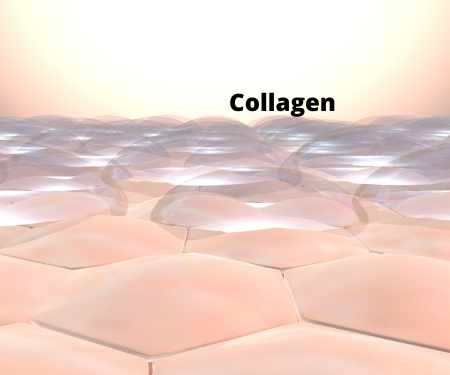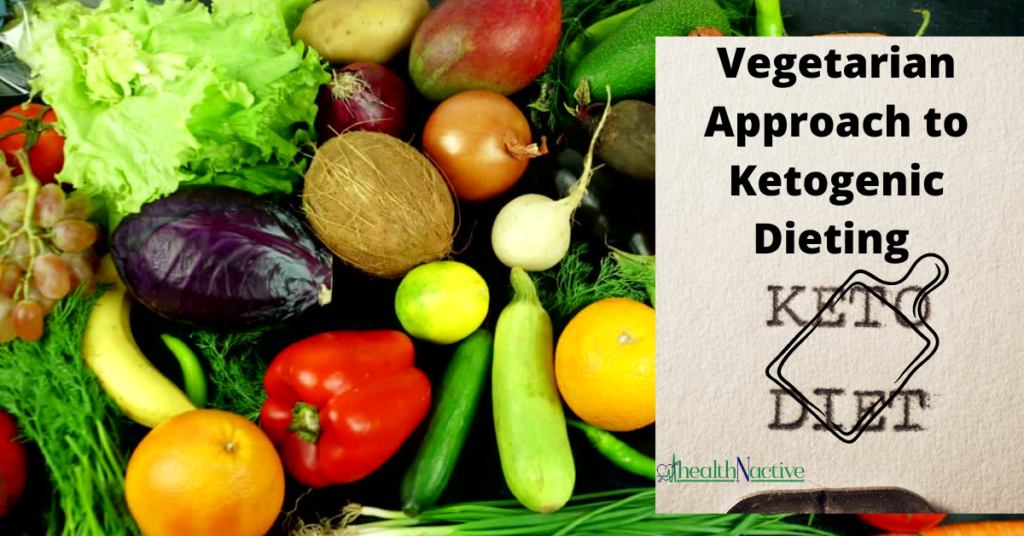To make the keto diet suitable for vegans, you’ll need to include lots of low-carb vegetables like asparagus, avocado, broccoli, cauliflower, mushrooms, spinach. Ketogenic diets get 75 percent of their calories from fat, so you’ll also need to eat plenty of plant-based sources of fat like coconut oil, extra-virgin olive oil, avocado oil ,coconut butter ,nut oil, walnut oil ,vegan cheese and vegan butter; coconut or nut based yogurt; and nuts and seeds.
If you’re a vegetarian, we recommend including pastured eggs and organic fermented dairy, including raw cheese, kefir, and yogurt. If you’re a vegan who is struggling with low energy, doing a “vegan-friendly” ketogenic diet can restore your body to full health without compromising your beliefs or commitment to the planet.
Here’s a list of the top four supplements to support your keto vegan lifestyle.
B- Vitamin’s
It’s important for vegans to make sure they get enough vitamin B12. Vegan diets that are dangerously low in this important nutrient can cause Anemia because B12 helps produce healthy levels of red blood cells. Because B12 helps maintain the health of nerve cells, a deficiency can put you at risk of nervous system harm. Even modestly low B12 levels can impair your mood, energy level, memory, skin, and digestion, as well as raise your risk of heart disease and contribute to pregnancy difficulties.
B12 isn’t found in most vegan foods, except in fortified sources like breakfast cereals, plant milks, and soy products. Because you can’t eat fortified cereals on the keto diet—as they’ll kick you out of ketosis—it’s smart to take a B12 supplement. No one needs large quantities of B12, but we do need to replenish our supply daily. B vitamins are water soluble and quickly excreted from the body. Adults should get 2.5 micrograms a day. Pregnant women should get 2.7 micrograms and women who are breastfeeding should get 2.9.
collagen
If you’re experiencing joint pain, consider taking a collagen supplement. Adequate collagen levels are important for healthy bones, joints and skin, but you can only get adequate collagen from eating meat. Vegans are less likely to experience knee pain because they consume enough protein in their diet, but that doesn’t mean vegans can’t benefit from collagen supplementation.

If you don’t want to consume animal-based collagen, try a vegan protein supplement. On the Keto diet, you can’t eat beans, lentils or peas which makes it difficult for vegans to reach their daily protein requirement. In your morning smoothie, add a scoop of vegan protein powder.
Probiotics
Probiotic supplements not only can help your gut, but also help you metabolize and digest B vitamins. The health of your digestive system is wholly important for absorbing an adequate level of B12. Many people absorb less than 50 percent of the B12 from food sources, and sometimes much less. Taking probiotics is advisable for many reasons—but when you’re eating a vegan diet, it’s especially vital to support your absorption of B12. Take one or two times a day.
Vitamin C
Many people do not get enough vitamin C in their diets and therefore are unable to support their body’s own collagen production. Taking 1 tablespoon daily of a powdered form of organic, low-sugar, vitamin C–rich fruits can support collagen growth.
Conclusion
The ketogenic diet has been shown to help people lose weight and improve their health.
These are just a few of the benefits
Weight Loss
Healthy Blood Sugar
Energy Levels
Appetite Control
These are all possible because the keto diet works on a cellular level. The cells in your body use glucose (sugar) for energy. When you don’t eat enough carbohydrates, your body starts to burn fat instead of sugar. This produces a metabolic state called ketosis. The three main ways to get into ketosis are through fasting, starving yourself, or eating a very low-carb ketogenic diet high in fat and moderate in protein.
While the ketogenic diet has many proven benefits, some people have trouble getting into ketosis as outlined in this article.
Here’s an example of how our bodies process food when we eat a meal with carbohydrates: We eat carbohydrates (bread, pasta, rice). The body breaks down carbs into glucose (blood sugar). Glucose enters the bloodstream.
The pancreas releases insulin so cells can take in the glucose and use it for energy. If you eat more carbs than your body needs immediately, they will be turned into triglycerides and stored as body fat, or they.
If you’re a vegetarian or vegan, it may be difficult to find good sources of fat. Unlike meat and fish, plant-based diets rely on plant fats (avocado, nuts and seeds) rather than animal fats (butter, cream and cheese). The ketogenic diet is high in protein, moderate in fat, and low in carbs. Your body turns from burning glucose to burning fat for energy. “Ketosis” is the process of your body burning fat for fuel. Ketosis is best achieved by following a very low carb diet. A keto vegan diet may be more difficult than a keto diet based on animal products because it limits your food choices and requires careful label reading.

